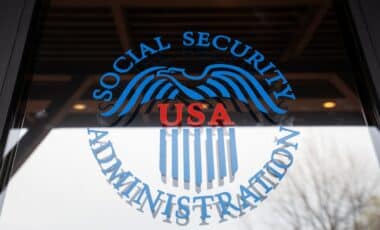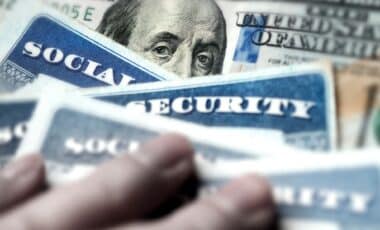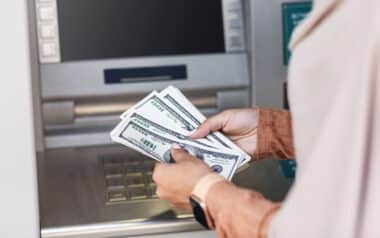The Social Security Administration (SSA) has raised concerns over possible delays for individuals still receiving benefits via paper checks. As part of an executive order from the Trump administration, the SSA is working to eliminate paper checks by the September 30 deadline.
Over half a million people still depend on this method for their payments, and if they do not transition to electronic methods, they risk payment disruptions.
With 99% of Social Security beneficiaries already using direct deposit, the transition is aimed at reducing both the financial costs and fraud risks associated with paper checks. However, the change could prove challenging for those still relying on physical checks, especially if they fail to meet the looming deadline.
New Push to Go Digital by September 30
According to the SSA, those currently receiving paper checks will be required to either switch to direct deposit or use Direct Express, a prepaid debit card for federal benefits, by September 30. While the majority of beneficiaries have already made the transition to digital payments, more than 500,000 individuals still receive paper checks.
For those who insist on paper checks, the SSA says they will need to contact the Treasury Department directly and request a waiver. However, if individuals do not apply for the waiver by the end of September, they may experience significant disruptions in their payment schedules.
SSA officials have made it clear that there is no guarantee that waiver applications will be processed before the deadline. The change is part of a larger push by the federal government to phase out paper checks and shift to more secure, cost-effective electronic payment methods.
The shift away from paper checks is not new. Federal efforts to reduce paper payments have been ongoing for over a decade, with requirements already in place for benefits and federal salaries to be paid electronically.
However, the September deadline represents an accelerated push, one that could leave many people with questions about how to navigate the process.
Potential challenges for vulnerable communities
The move towards digital payments could disproportionately affect unbanked individuals, especially those in rural or tribal communities. According to the Federal Reserve, 6% of American adults were unbanked in 2023, a figure that is notably higher among low-income, younger, Black, Hispanic, and disabled individuals.
For many of these groups, access to banking services, the internet, or even reliable mail services can be limited, making the switch to digital payments an added burden.
Tribal communities, in particular, could face significant hurdles. The Coalition of Large Tribes expressed concern in a public comment to the Treasury Department, citing the lack of adequate banking infrastructure and broadband access.
The shift away from paper checks could further marginalize these groups, particularly those already struggling to access essential services.
The SSA and Treasury Department are working to provide information to these groups, but the implementation of the new policy may create confusion and delays in the coming months.









